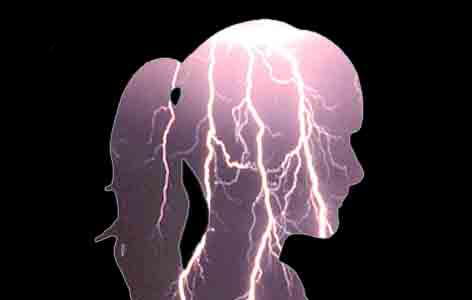
Neurological disorders, including Rett syndrome (RTT), neonatal encephalopathy, X-linked mental retardation and autism have something in common: patients with these disorders are more likely to experience recurrent seizures. Seizures are sudden rushes of electrical activity in the brain that can physically manifest as changes in how a person behaves—from a momentary lapse in attention to full-blown convulsions. These disorders are associated with reduced function of a gene known as Methyl-CpG-binding protein 2 (MeCP2). Recent evidence suggests that MeCP2 deficiency and seizures are associated, but the underlying reason for this link remains unknown.
Krembil Senior Scientist Dr. James Eubanks and Krembil Affiliate Scientist Dr. Liang Zhang co-led a study to determine how lower levels of MeCP2 could lead to seizures in an experimental model. The study focused on GABA, a chemical messenger responsible for moderating electrical activity across brain cells. When MeCP2 levels were reduced, they found that the actions of another protein known as GAT-1, which serves to decrease GABA’s effects, were lost. Without GAT-1, the brain was exposed to higher GABA levels; this potentially increased the likelihood of spontaneous electrical firing, which could contribute to the manifestation of seizures.
“Imbalances in electrical brain activity may be a key determinate of neurological disorders, including RTT,” remarks Dr. Eubanks. “These results bring us one step closer to understanding how altered MeCP2 function modifies brain activity—knowledge that could be used by researchers to develop broad-range therapies to reverse the symptoms found in RTT and related disorders.”
This work was supported by the Canadian Institutes of Health Research, the International Rett Syndrome Foundation and the Toronto General & Western Hospital Foundation.
A role for diminished GABA transporter activity in the cortical discharge phenotype of Mecp2-deficient mice. Zhang L, Wither RG, Lang M, Wu C, Sidorova-Darmos E, Netchev H, Matolcsy CB, Snead III OC, Eubanks JH. Neuropsychopharmacology. 2015 Oct 26. [Pubmed abstract]




